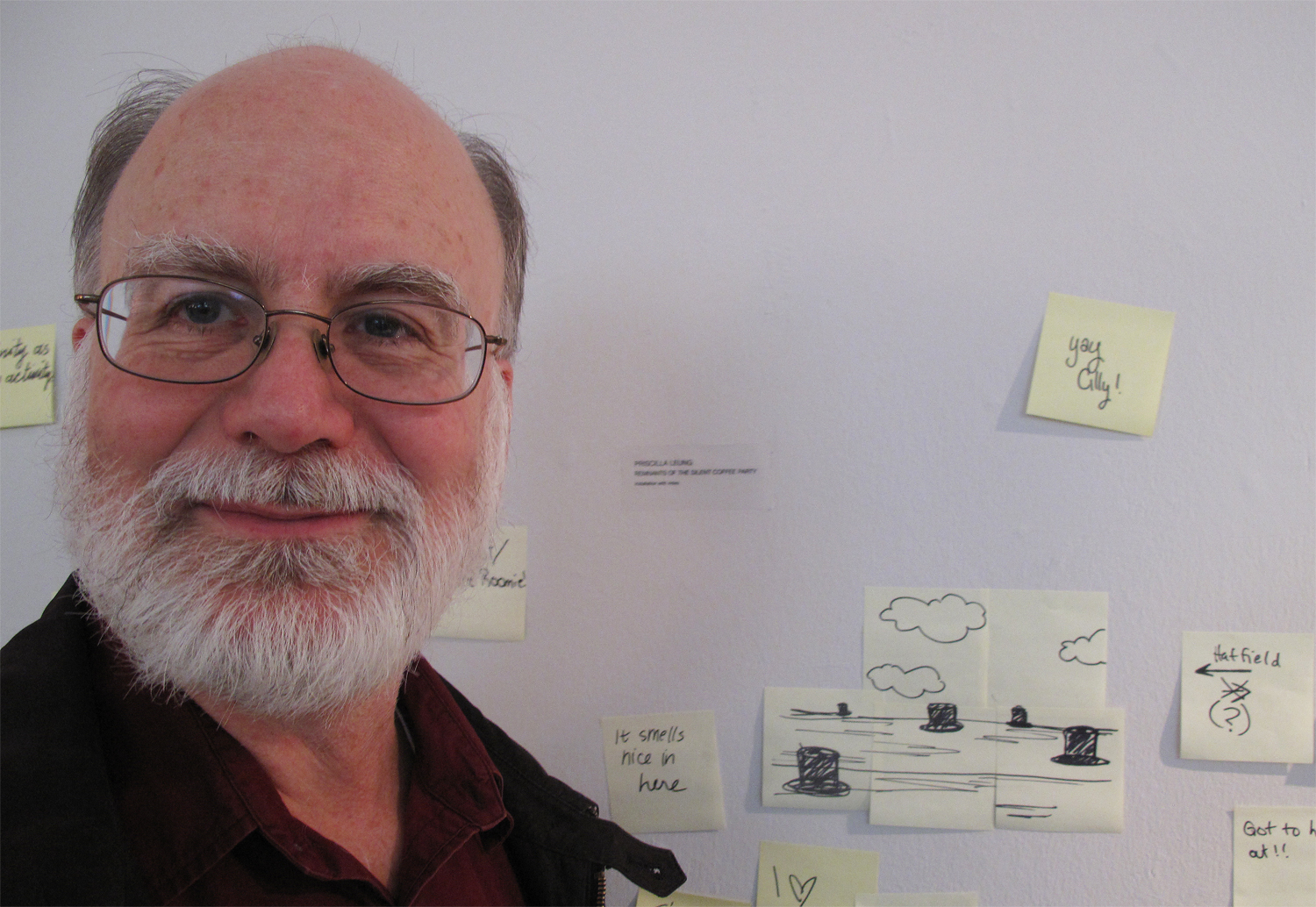
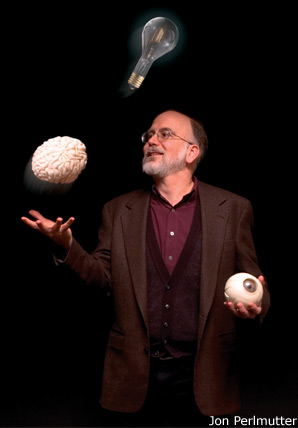
The Home Page of
Gary Hatfield
Adam Seybert Professor in Moral and Intellectual Philosophy
Director,
Visual Studies Program
Department of Philosophy
University of Pennsylvania
Cohen Hall, Rm. 433
Philadelphia, PA 19104-6304
Phone #: 215-898-6346
Fax #: 215-898-5576 (cover sheet required)
E-address: hatfield (at) phil.upenn.edu
Gary Hatfield received the PhD from the University of Wisconsin--Madison in 1979,
then taught at Harvard and Johns Hopkins before coming to Penn in 1987.
He works in the
history of modern philosophy, the
philosophy of psychology,
theories of vision,
and the philosophy of science.
In 1990, he published
The Natural and the Normative: Theories of
Spatial Perception from Kant to Helmholtz; at HOPOS 2016, the
25th anniversary of the book
was celebrated. In 2009,
Perception and Cognition: Essays in the Philosophy of
Psychology appeared from the Clarendon Press;
a revised version of his book on Descartes' Meditations appeared
in 2014. In 2012, an
edited volume (co-edited with the psychologist Sarah Allred) arising from
an IRCS workshop on the constancies was published by Oxford: Visual
Experience. The revised edition of his translation of Kant's
Prolegomena to Any Future Metaphysics
appeared in 2004. He is affiliated with the
Center for Cognitive Neuroscience and the
Penn Center
for Neuroaesthetics, as well as the
Visual Studies
Program. He has
directed
dissertations in history of philosophy, philosophy of psychology, and
philosophy and history of science, and has advised several postdocs in these fields. He has long
been fascinated by
visual perception and the mind–body
problem. For further information,
consult Curriculum Vitae (selected [html] or full
[pdf]) and
research statement.
Office Hours for Fall, 2019 (Cohen 422):
Tues, 1-2pm; Thurs, 12-1pm, & by apptmt.
Courses
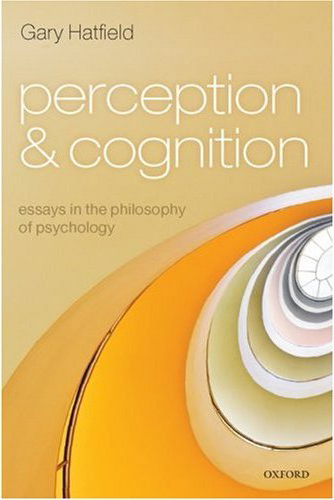
Fall 2023
Phil , Philosophy and Visual Perception
An examination of major trends of thought in experimental psychology in
relation to philosophy and the philosophy of science. Questions to be
asked include: What is the subject matter and object of explanation of
experimental psychology? What is the relation between psychology and
neuroscience? How is scientific psychology related to traditional
philosophical investigations of the mental? Is mental content causally
efficacious? How does an evolutionary perspective contribute to
psychological theory? What are the implications of embodiment for
thinking about the mind? The course covers the classical systems and
schools of psychology, starting in earnest with experimental work on the
senses in the nineteenth century, moving to the functionalism of James
and Dewey, and then proceeding to behaviorism, Gestalt psychology, and
cognitive science. The remaining two-thirds of the course focuses on
contemporary topics and problems: perception, cognition, modularity,
mental content and evolution, the language of thought, ecological
psychology, connectionism, embodiment, and mind and brain.
Readings include works by James, Watson, Skinner, Tolman, Kohler, Fodor,
Churchland, Dennett, Dretske, Shapiro, and others.
Spring 2024
VLST 301, Senior Seminar for VLST major
Phil 526, Spring 2020, Philosophy of Psychology: Qualia, Objectivity, and
Subjectivity
The seminar will draw on recent and earlier examinations of these topics.
Some questions to be addressed: Is qualitative experience inherently
subjective? Or does it target objective (e.g., physical) properties but
simply present them in a subjectively distinctive manner? Are .primary
qualities. (shape, size, other spatial properties) presented in an
objective manner by the visual system? This will take us into questions
concerning the perceptual constancies, but also into questions about
whether experiences of .primary qualities. are objective in a way that
experiences of .secondary qualities. cannot be. If sensory experience is
in some way subjective, does this preclude it from being objective? What
is the proper standard for objectivity as regards sensory experiences
(contents)?
After a discussion of the development of conceptions of objectivity and
subjectivity in the early modern period (as background), we will begin
with Michelle Montague.s book on The Given: Experience and Its Content,
which develops a Brentanian conception of mental content, founded in
perceptual experience. Additional contemporary authors (potentially) to
be addressed include Burge, Dretske, Dominic Gregory, Edward Hopp, and
Christopher Hill (among others).
The main requirement is a term paper, but there may be a shorter paper
and/or presentations.
Undergraduates need permission.
Registration Notes
UNDERGRADUATES NEED PERMISSION (write to hatfield@sas.upenn.edu)
Faculty Seminars and Working Groups
On-Line Publications (open access)
Review of John Bickle (ed.), The Oxford Handbook of Philosophy and
Neuroscience, Oxford UP, 2009, in
Notre Dame
Philosophical Reviews.
Descartes,
in Stanford Encyclopedia of Philosophy.
Helmholtz and Philosophy: Science, Perception, and Metaphysics, with
Variations on Some Fichtean Themes. The Journal for the History of
Analytical Philosophy 6.3 (2018).
Sense Data,
in Stanford Encyclopedia of Philosophy.
Review of Penelope Maddy, A Plea for Natural Philosophy: And
Other Essays, Oxford UP, 2023, in
Notre
Dame Philosophical Reviews (2023).
Web talks and podcasts
OMNIA Podcast: Tribute
to Hilary Putnam, C.48, HON.85 (Audio)
Professors of Philosophy Gary Hatfield, Scott Weinstein, and Daniel
Singer discuss the influential scholar.s legacy in their field and his
unique connection with Penn as scholar and alumnus.
Thursday, July 7, 2016
Talk in Edinburgh,
"Gibson and
Gestalt: Representation (Presentation) and Constrution." Professor
Gary Hatfield (Penn) speaks
at the event "The World in Us: Gestalt Structure, Phenomenology
and Embodied Cognition", 9th July 2017.
Gary Hatfield (Penn, Visual Studies, Philosophy): Introduction, on the
concept of a liberal arts education, workshop on Making and
Materiality: Studio Arts in a Liberal Arts Education, Friday,
15 Sept. 2017. (Includes the subsequent presentation by Nick Sousanis.)
Gary Hatfield (Penn) addresses the question:
"Phenomenally Converging Railway
Tracks: A Misperception?" at a conference entitled The Philosophy and
Psychology of Visual Space: An Interdisciplinary Workshop, Ohio State
University, Feb. 2019.
Papers in pdf format
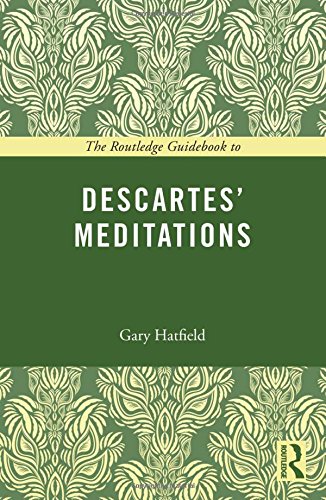
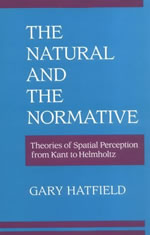
-
Russell's Progress: Spatial Dimensions, the From-Which, and the
At-Which, in Self, World, and Art: Metaphysical Topics
- Philosophy
of Perception and the Phenomenology of Visual Space, Philosophic
Exchange 42 (2011), 31–66. Key words: critical direct
realism, direct realism, disjunctivism, geometry of visual space,
naive realism, perceptual constancy, representative realism.
- Transparency
of Mind: The Contributions of Descartes, Leibniz, and Berkeley
to the Genesis of the Modern Subject, in Departure for Modern
Europe: A Handbook of Early Modern Philosophy (1400-1700)
, ed. by Hubertus Busche (Hamburg: Felix Meiner Verlag, 2011),
361–75.
Key words: Modern subject, Cartesian theory of mind, transparency
of consciousness, Descartes, Leibniz, Berkeley, Putnam, Rorty.
- The
Reality of Qualia, Erkenntnis 66 (2007), 133–68.
Key words: Qualia realism, phenomenal experience, dispositionalism about color,
representative realism, sense-data theories, Brentano intentionality.
- Did Descartes
Have a Jamesian Theory of the Emotions?,
Philosophical Psychology 20 (2007), 413–40.
Key words: Cognitive theories of emotion, Rene Descartes, embodiment, emotions,
evolution, historical methodology, instinct, mechanistic theories of
behavior, mind–brain relations, passions, William James.
- Kant
on the Perception of Space (and Time). In Cambridge
Companion to Kant and Modern Philosophy, ed. by
Paul Guyer (Cambridge: Cambridge University Press, 2006), 61–93.
Key words: Kant, Critique of Pure Reason, space, intuition, Wolff, Crusius.
- Introspective
Evidence in Psychology. In Scientific Evidence: Philosophical
Theories & Applications, ed. by Peter Achinstein (Baltimore: Johns
Hopkine University Press, 2005), 259–86.
Key words: introspection, psychology of perception, Wundt, Gestalt Psychology.
- Sense-Data and
the Mind-Body Problem. In Perception and Reality: From Descartes
to the Present, ed. by Ralph Schumacher (Berlin: Mentis Verlag, 2004),
305–31.
Key words: sense-data, qualia, physicalism, philosophy of mind.
- Objectivity and
Subjectivity Revisited: Color as a Psychobiological
Property. In Colour Perception: Mind and the Physical World,
ed. by Rainer Mausfeld and Dieter Heyer (Oxford: Oxford University Press,
2003), 187–202.
Key words: color constancy, biological function of color vision.
- Representation and
Constraints: The Inverse Problem and the Structure of
Visual Space. Acta Psychologica 114 (2003), 355–378.
Key words: visual geometry, phenomenology of vision.
- Psychology
Old and New. In Cambridge History of Philosophy, 1870–1945, ed. by
Thomas Baldwin (Cambridge: Cambridge University Press, 2003), 93–106.
Key words: new psychology, psychology as a discipline, Spencer, Maudsley,
Lewes, Brentano, Wundt, James.
- Behaviorism
and Psychology. In Cambridge History of Philosophy, 1870–1945,
ed. by Thomas Baldwin (Cambridge: Cambridge University Press, 2003),
640–648.
Key words: behaviorism, neobehaviorism, Watson, Singer, Holt, Perry,
Tolman, Hull, Skinner, American naturalism.
- Perception as
Unconscious Inference. In Perception and the Physical
World: Psychological and Philosophical Issues in Perception,
ed. by Dieter Heyer and Rainer Mausfeld (New York: Wiley, 2002),
115–143. Key words: cognitive machinery, sophisticated content,
phenomenal experience.
- Sense-Data and
the Philosophy of Mind: Russell, James, and Mach. Principia
6 (2002), 203–30. Key words: sense-data, qualia, philosophy of mind.
- Psychology,
Philosophy, and Cognitive Science: Reflections on
the History and Philosophy of Experimental Psychology. Mind
and Language 17 (2002), 207–232. Key words: logical empiricism,
autonomy of psychology.
- The Brain's
"New" Science: Psychology, Neurophysiology, and
Constraint. Philosophy of Science 67 (2000), S388–403.
Key words: eliminative materialism, reductionism, mind and brain.
- Attention
in Early Scientific Psychology. In Visual Attention,
ed. by R. D. Wright (New York: Oxford University Press, 1998),
3–25.
Key words: attention, early experimental psychology,
Aristotle, Lucretius, Augustine, Buridan, Wolff, Hamilton, Jevons, Wundt, James.
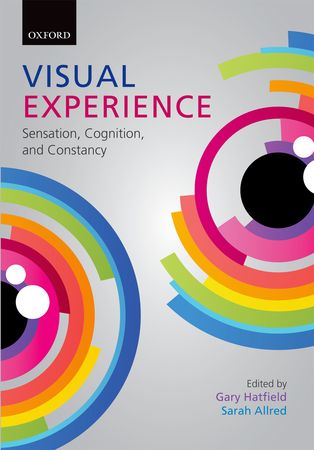
- The Cognitive
Faculties. In Cambridge History
of Seventeenth Century Philosophy, ed. by M. Ayers and D. Garber
(Cambridge: Cambridge University Press, 1998), 953–1002.
Key words: Aristotelian theories of cognition; skepticism; new science;
Molyneux's problem; optics; Suarez, Coimbrans, Rubio, Sanchez, Charron,
Descartes, Hobbes, Gassendi, Cudworth, Leibniz, Locke, Berkeley.
- The Workings
of the Intellect: Mind and Psychology. In Logic and the
Workings of the Mind: The Logic of Ideas and Faculty Psychology in Early
Modern Philosophy, ed. by Patricia Easton. North American Kant Society
Publications 5 (Atascadero, Calif.: Ridgeview Publishing Co., 1997),
21–45. Key words: cognitive faculties, faculty of intellect,
mental vs. psychological, psychologism, early modern epistemololgy.
- Wundt and
Psychology as Science: Disciplinary Transformations. Perspectives
on Science 5 (1997), 349–382.
Key words: Wundt, history of psychology, "new" psychology, founding of
experimental psychology, psychology as a discipline, idea of a discipline.
- Was the
Scientific Revolution Really a Revolution in Science? In Tradition,
Transmission, Transformation, ed. by Jamil Ragep and Sally Ragep,
Collection de travaux de l'Academie internationale d'histoire des sciences
(Leiden: Brill, 1996), 489–525.
Key words: new science, natural philosophy, physics as a discipline,
historiography of the scientific revolution, history of early modern philosophy.
- Remaking
the Science of Mind: Psychology as a Natural Science. In Inventing
Human Science, ed. by Christopher Fox, Roy Porter, and Robert Wokler
(Berkeley: University of California Press, 1995), 184–231.
Key words: Wolff, Bonnet, Godart, Krüger, Hartley, Priestley,
history of psychology in the 17th and 18th centuries, history of
experiment in psychology, psychology as a natural science,
idea of a natural science.
- Philosophy of
Psychology as Philosophy of Science. In
PSA 1994, ed. by David Hull, Mickey Forbes, and Richard Burian,
2 vols. (East Lansing, MI: Philosophy of Science Association, 1995),
2:19–23. The introduction to a symposium of same title.
- Empirical,
Rational, and Transcendental Psychology: Psychology as Science and as
Philosophy. In Cambridge Companion to Kant, ed. by Paul Guyer
(Cambridge: Cambridge University Press, 1992), 200–27.
Key words: Kant, Moses Mendelssohn, Christian Wolff, Christian Crusius,
transcendental psychology, possibility of scientific psychology.
-
Metaphysics and the New Science. In Reappraisals of the Scientific
Revolution, ed. by David Lindberg and Robert Westman
(Cambridge: Cambridge University Press, 1990), 93–166.
Key words: Scientific Revolution, science and metaphysics, metaphysics
as assumption (or presupposition), metaphysics as a practice,
mathematization of nature, Copernicus, Kepler, Descartes, Galileo,
Cassirer, Whitehead, Burtt, Strong, Koyre.
- The Senses and the
Fleshless Eye: The Meditations as Cognitive
Exercises. In Articles on Descartes' Meditations,
ed. by Amelie Rorty (Berkeley: University of California Press, 1986),
45–79.
Key words: Descartes and Augustine, Descartes and Aristotelian
theories of the senses, Descartes on training the will.
- First
Philosophy and Natural Philosophy in Descartes. In
Philosophy, Its History and Historiography,
ed. by A. J. Holland (Dordrecht: Reidel, 1985), 149–164.
- The Status of
the Minimum Principle in the Theoretical Analysis of Vision.
Psychological Bulletin 97 (1985), 155–186,
with William Epstein.
Key words: perceptual economy, minimum tendency, parallel processing,
connectionism.
- The Sensory Core
and the Medieval Foundations of Early Modern Perceptual Theory.
Isis 70 (1979), 363–384,
with William Epstein.
Key words: theories of vision, theories of perception, perceptual
constancy, size, shape, and distance perception, visual pyramid,
retinal image, Ibn al-Haytham (Alhazen), Pecham, Witelo, Descartes, Berkeley.
- Perceived
Shape at a Slant as a Function of Processing Time and Processing Load.
Journal of Experimental Psychology:
Human Perception and Performance 3 (1977), 473–483,
with William Epstein and Gerard Muise.
Key words: shape constancy, slant perception, masking of 3-D stimuli,
perceptual processing, allocation of attention.

Papers On Line from
IRCS.
The
papers are compressed and formatted as postscript input to a printer.
After downloading, run the unix command "gunzip" (e.g.,
gunzip 01-04.ps.gz or gunzip 96-05.ps.Z);
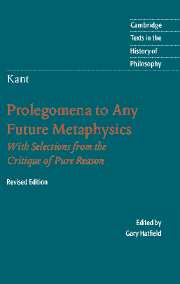
"lpr" the resulting file, specifying a printer
if needed (e.g., lpr -Pcogsci 01-04.ps).
- Perception as
Unconscious Inference, IRCS-01-04
abstract
- The
Brain's "New" Science: Psychology, Neurophysiology, and Constraint,
IRCS-01-05
abstract
- Behaviorism
and Naturalism, IRCS-01-06
abstract
- Psychology Old
and New, IRCS-01-07
abstract
- The Workings of
the Intellect: Mind and Psychology, IRCS-96-05
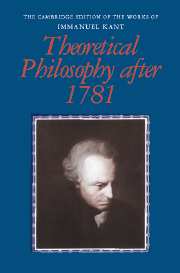
- Attention in
Early Scientific Psychology, IRCS-95-29
- Remaking the
Science of Mind: Psychology as Natural Science, IRCS-94-13
- Psychology as
a Natural Science in the Eighteenth Century, IRCS-94-07
Links in History and Philosophy of Psychology
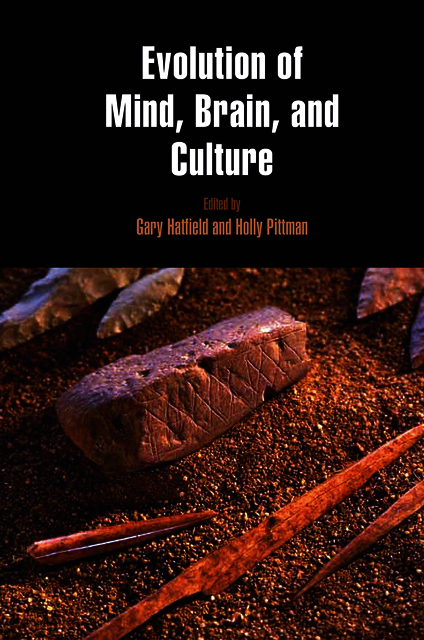
Vision and Visual Studies
Early Modern Philosophy and Science
-
Galileo Project: information on Galileo and over 600 figures
in the history of 16th and 17th century science.
-
Early Modern Thought Online: Fern University, Hagen
- Newton Project: UK
-
Newton Project, Canada.
-
A Beginner's Guide to Research in the History of Science.
-
Pictures of Science: 700 Years of Scientific and Medical Illustration.
- THE
PHILOLOGICAL MUSEUM: AN ANALYTIC BIBLIOGRAPHY OF ON-LINE NEO-LATIN TEXTS:
DANA F. SUTTON, The University of California, Irvine.
-
German learned scientific periodicals of the 18th century: Wuppertal.
-
German periodicals of the 18th century: Bielefeld.
-
Journal of the History of Philosophy web site.
-
Periodical Historical atlas of Europe, 1-2000 C.E.
-
ACRL Latin Place Names.
-
Princeton Group for the History of Modern Philosophy.
-
Anatomia 1522-1867: Anatomical Plates, Th. Fisher RB Library, U Toronto.
-
Archaic medical terms: old medical terminology, including
folk and slang terms and symbols and abbreviations.
-
Images from the history of medicine: the image catalogue of the
National Library of Medicine's historical prints and photographs collection.
- National Library of Medicine:
History of Medicine.
- Pitt School of Medicine:
Dissertations in Medical Humanities.
-
PubMed history of medicine subset: journal citations which
include information on the history of health professionals, sciences,
institutions and diseases.
-
Who named it?: searchable biographical dictionary of medical eponyms
which aims to provide a complete survey of medical phenomena named after
people, with accompanying biographies.
-
World Health Organization Library Historical Collection.
-
The Royal College of Physicians' Munk's Roll: biographical source.
-
MedHist: Guide to history of medicine internet resources (Wellcome Library)

Philosophy of Science and Science Studies
[top]
Last modified 12 Oct 2018.
Gary Hatfield (hatfield (at) sas.upenn.edu)
To
Penn Philosophy Home Page











